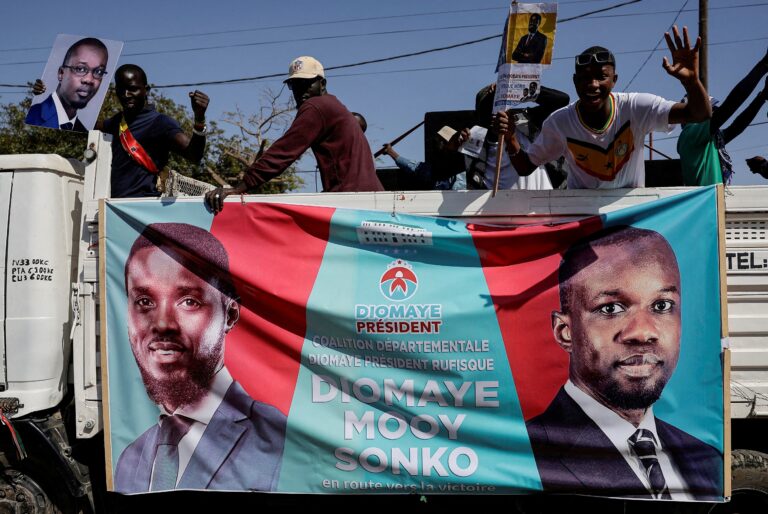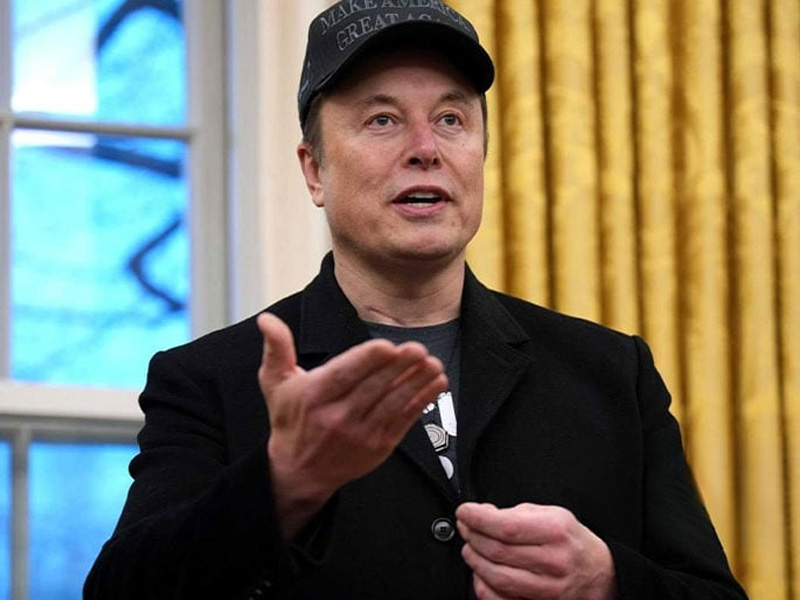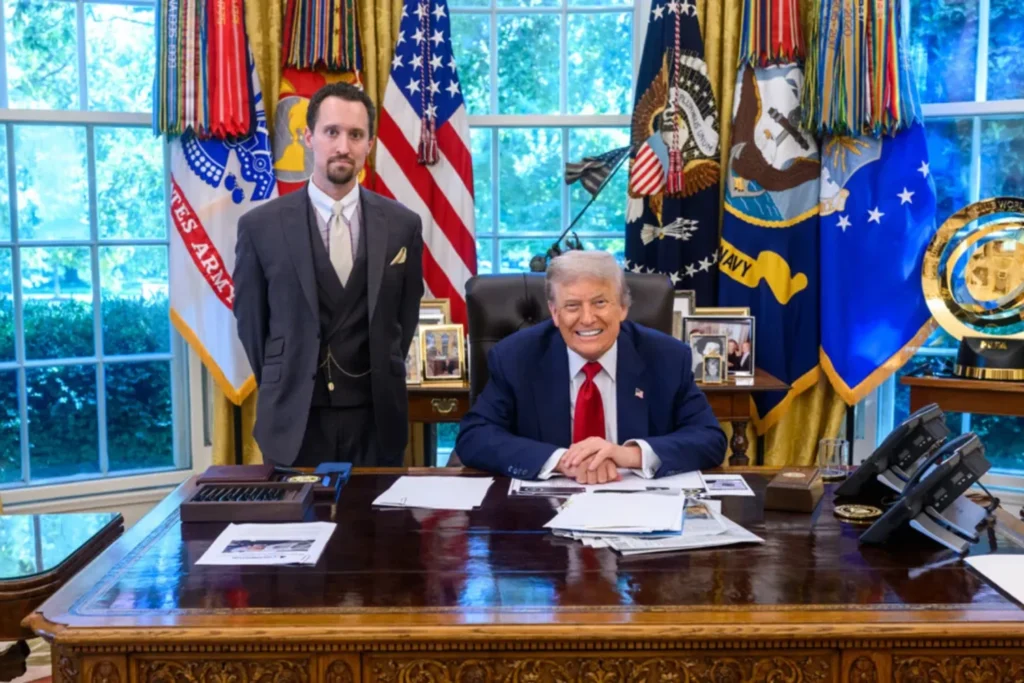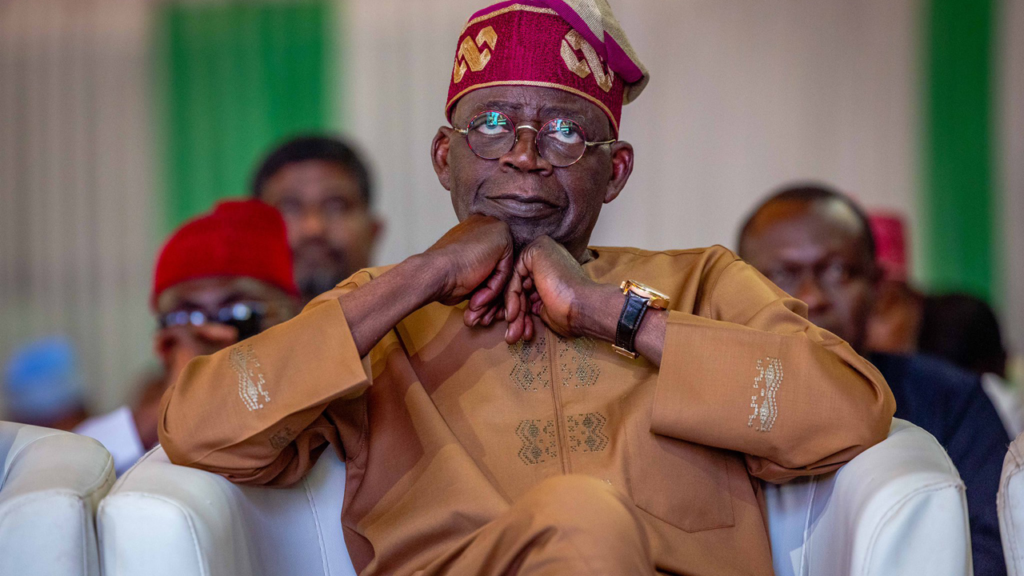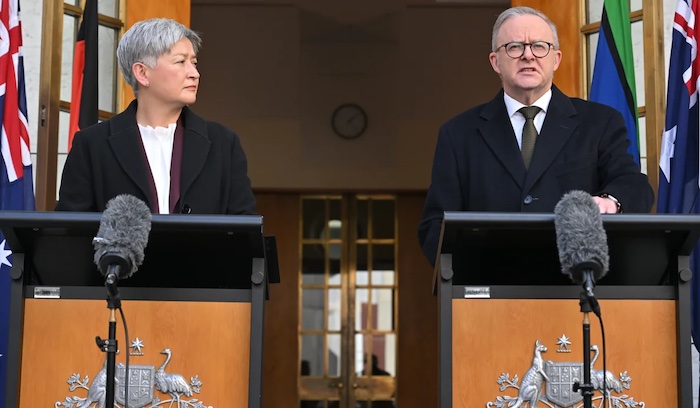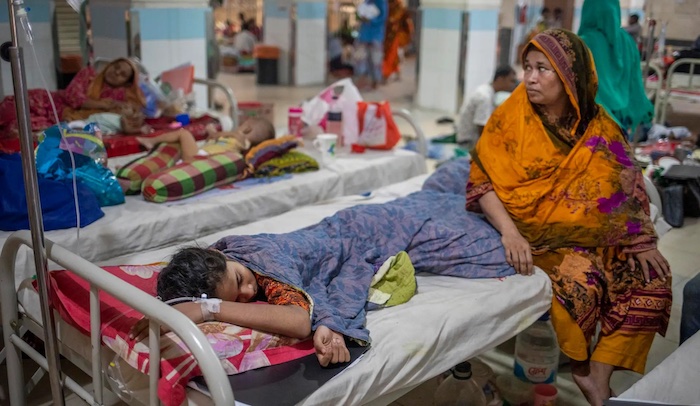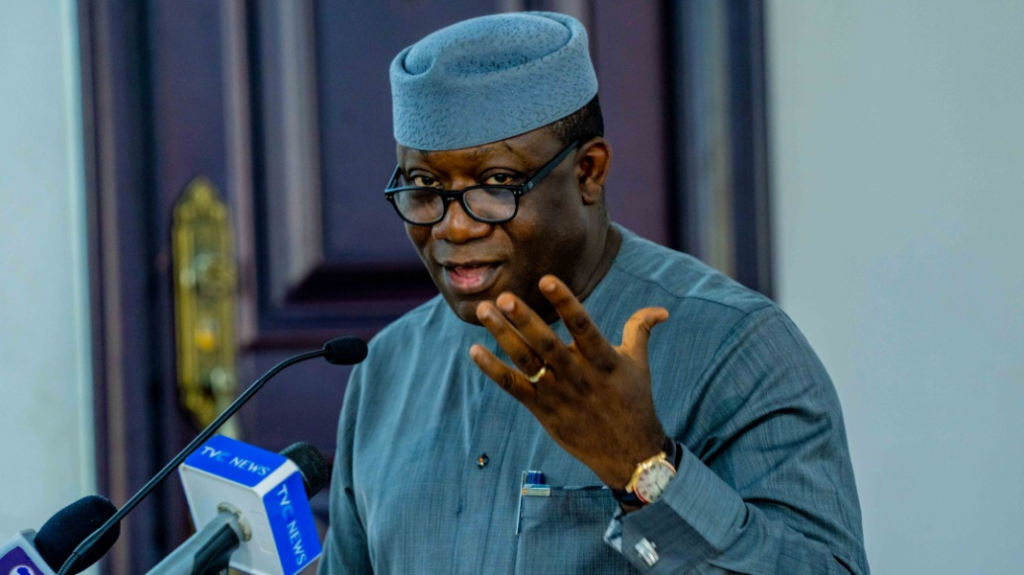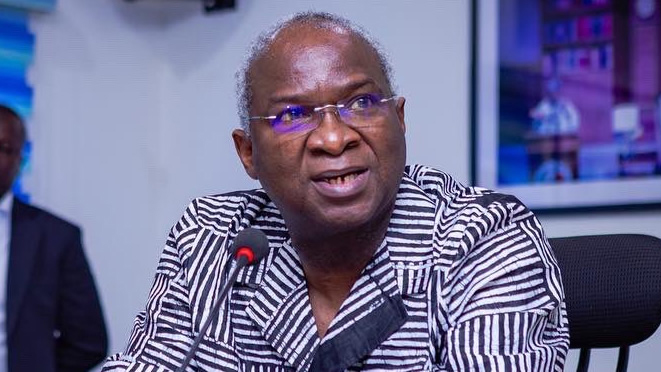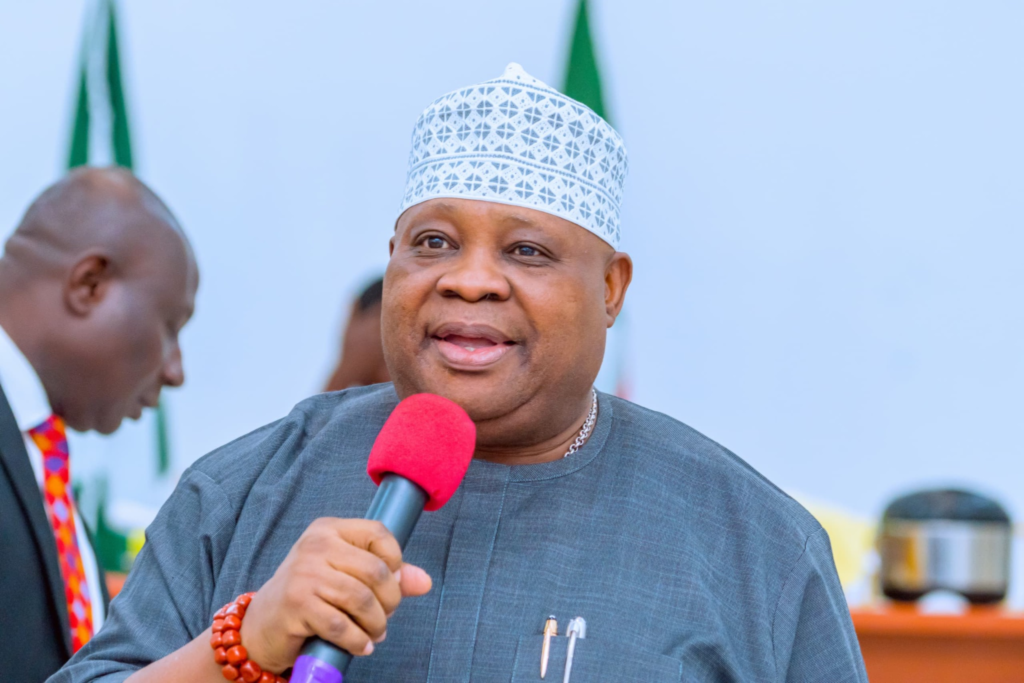The upcoming presidential election in Senegal presents a crowded field of 18 candidates vying for the country’s top position. Among them, opposition figure Bassirou Diomaye Faye, recently released from detention, and Amadou Ba, seen as the ruling party’s successor, emerge as leading contenders in the race.
Their rivalry reflects a profound division and clash of perspectives within Senegal, a nation long viewed as a bastion of democracy in West Africa. This division is particularly evident in differing views on Senegal’s relationship with France, its former colonial power.
The election itself has been marked by controversy and haste. The announcement of the election date came with less than three weeks’ notice, following a period of confusion and violent protests. Many Senegalese citizens express frustration with outgoing President Macky Sall, who attempted to postpone the election from its original date in February to December.
President Sall contends that his decision was aimed at safeguarding the integrity of the electoral process amid allegations of corruption and disputes over the eligibility of certain presidential candidates. However, this move has fueled further discontent among the populace.
Critics have leveled accusations against President Macky Sall, alleging that his attempt to postpone the election was motivated by a desire to extend his tenure or manipulate the electoral process to benefit his preferred candidate. However, President Sall vehemently denies these claims.
The controversy surrounding the proposed postponement sparked political upheaval, prompting intervention from the Constitutional Court and ultimately leading to an agreement for President Sall to step down next month when his term officially concludes, along with the setting of a new election date.
In an effort to quell tensions, President Sall issued a presidential amnesty last week, resulting in the release of some of his staunchest opponents, particularly those involved in recent political protests. Notable among those granted amnesty is Ousmane Sonko, a charismatic opposition leader who garnered significant support in the previous election and enjoys widespread popularity among the youth demographic, who are eager for transformative change.
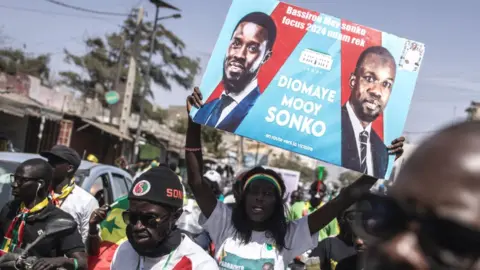
However, the 49-year-old Sonko is ineligible to contest the election due to a series of charges he contends are politically motivated.
Instead, he is throwing his considerable support behind Mr. Faye, a fellow former tax inspector who was released from detention alongside him. Faye, who is turning 44 just a day after the election, had been awaiting trial on charges of defamation and disseminating false information.
The two developed a relationship while working together at the tax office, and Faye previously served as the secretary-general of Sonko’s Pastef party. The government dissolved Pastef last year over accusations of incitement to insurrection.
Their joint slogan, “Sonko is Diomaye, Diomaye is Sonko,” has gained significant traction on social media in the past week.
The duo, welcomed by cheering crowds upon their release, are advocating for institutional reforms with an anti-establishment vision. Their platform includes Afrocentric and nationalist agendas, such as plans to renegotiate Senegal’s mining and energy contracts.
Mr. Faye also aims to end Senegal’s use of the CFA franc, the West African single currency pegged to the euro and backed by the French treasury, which is seen by his supporters as a relic of colonialism. This proposal has drawn criticism from opponents who label it as irresponsible. However, Mr. Sonko has attempted to allay concerns by stating that they would first seek to reform the regional currency before considering the introduction of a national currency.
In contrast, Mr. Ba, who served as prime minister before resigning to contest the election, presents himself as a candidate of continuity and stability. The 62-year-old has criticized the former Pastef duo at his rallies, branding them “bandits” and positioning himself as the candidate for “greater peace and prosperity.”

